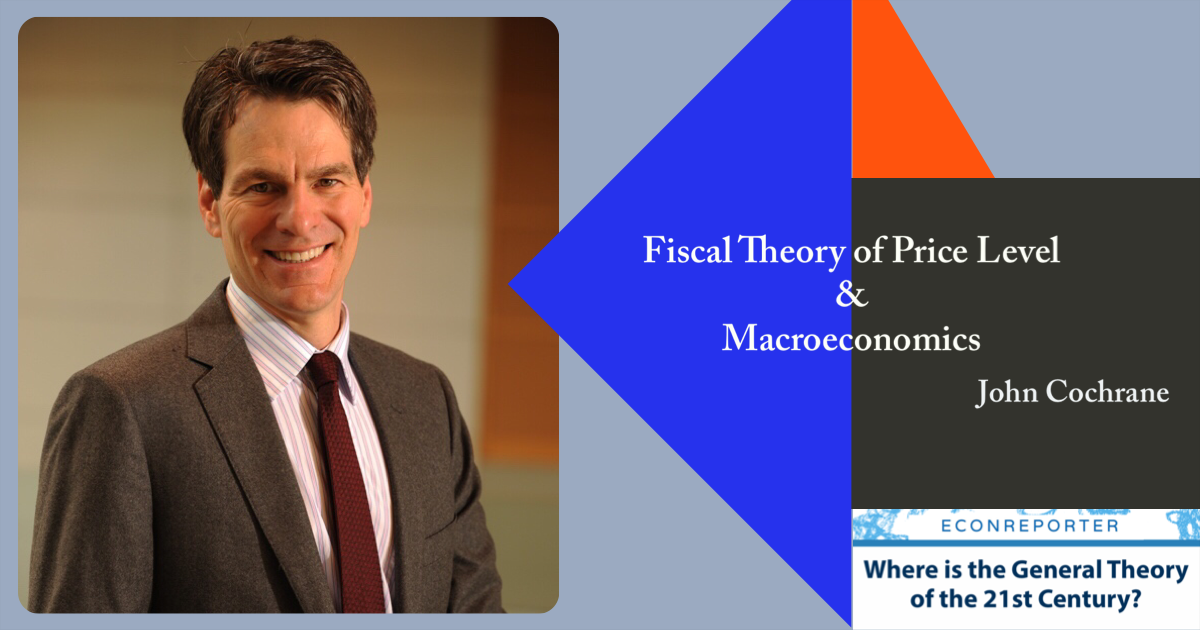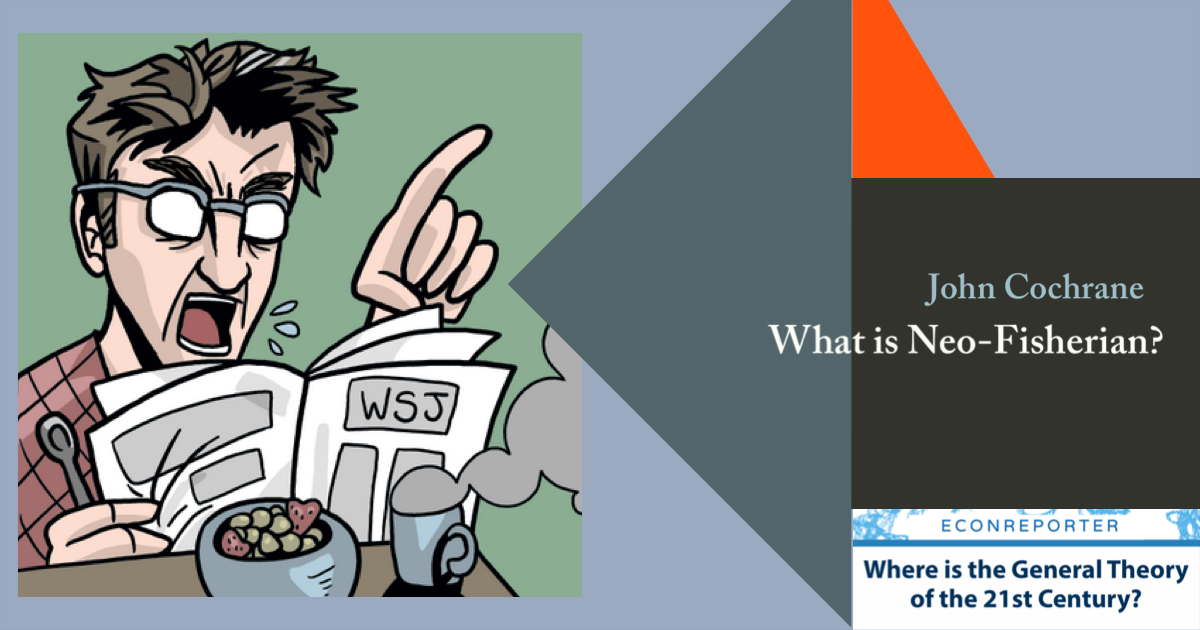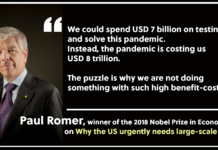Tag: Fiscal Theory of Price Level
Fiscal Theory of Price Level and State of Macroeconomics | Q&A with John Cochrane...
John Cochrane talks about Fiscal Theory of Price Level and how can we apply this theory on the current macroeconomy.
What is FTPL (Fiscal Theory of Price Level)?
The Fiscal Theory of the Price Level says that money has value because the government accepts it for taxes, and inflation is fundamentally a fiscal phenomenon
What is Neo-Fisherian and FTPL? | Q&A with John Cochrane |
Cochrane discusses with us his view on the development in Macroeconomics since the Great Depression. He also explains what Neo-Fisherian and Fiscal Theory of Price Level are, and why they are important for understanding the current economic situation around the world.





